While it may seem counterintuitive, individual sessions are an important part of couples therapy work. However, it can be stressful to think of a partner disclosing personal and/or incriminating information to the therapist without a chance to defend ourselves.
It’s important to note that these are not “private” sessions; that is, the information discussed is not considered “off limits” to the other partner. The therapist should always set this expectation at the outset of each individual session. The creation of secrets would form a new alliance between the therapist and the partner who disclosed the secret. This would be harmful to the trust built between the therapist and couple as a whole. If information is disclosed during an individual session that is important to share with a partner, the therapist will act in a collaborative fashion to support the partner around sharing the secret.
Why it helps
Individuals act differently when they are on their own versus when they are with their partner. This is a fact of human nature; we modify our behavior according to specific situation and surrounding persons(s). When the therapist has a chance to observe a partner one-on-one, the therapist gets a clearer sense of their wants and needs. A therapist gets a chance to find out how they soothe themselves when the partner is not available. A partner can speak freely and openly about concerns and fears in the relationship without directly needing to address their partner. The therapist can screen for emotional or physical abuse that a partner might not feel comfortable sharing in a couples session. A therapist can discuss experiences and expectations tied to family of origin. It is also important to gather information about mental health concerns and/or addictive behaviors that a partner may be experiencing in addition to relational stress.
© 2017, L. L. Brubacher, Stepping into emotionally focused couple therapy: Key ingredients of change

